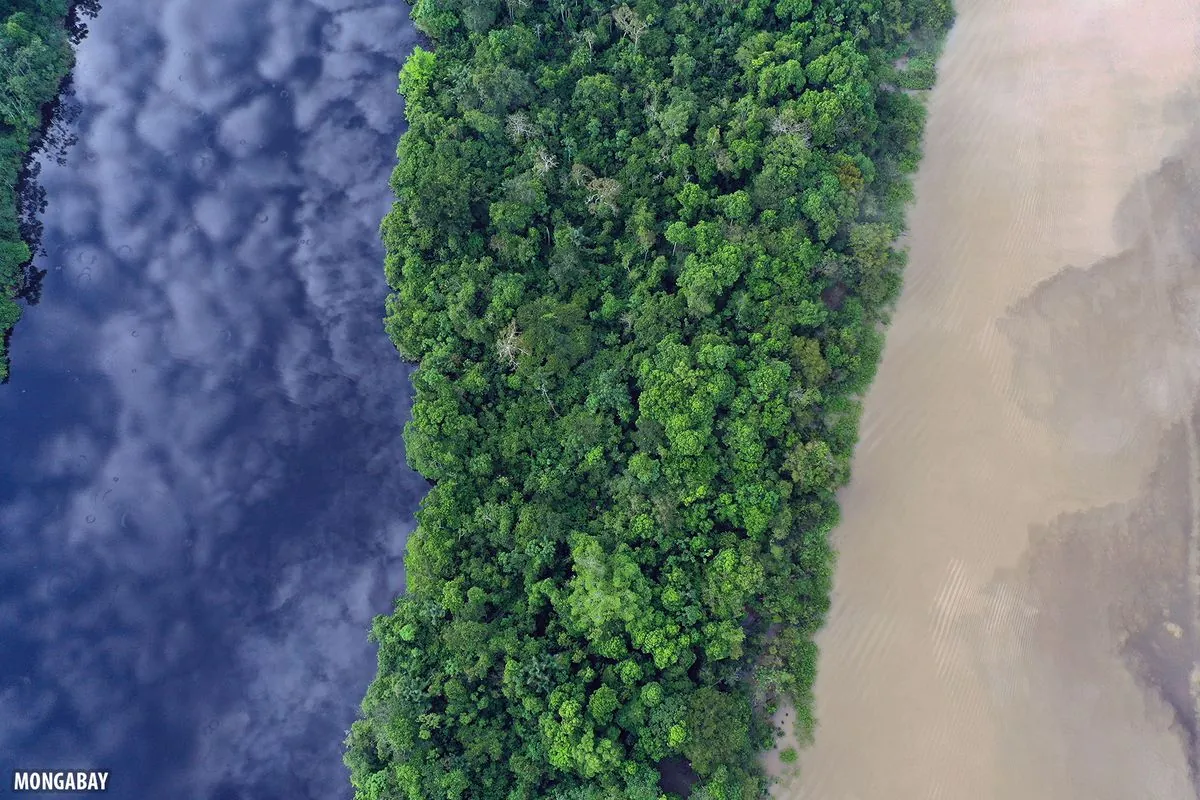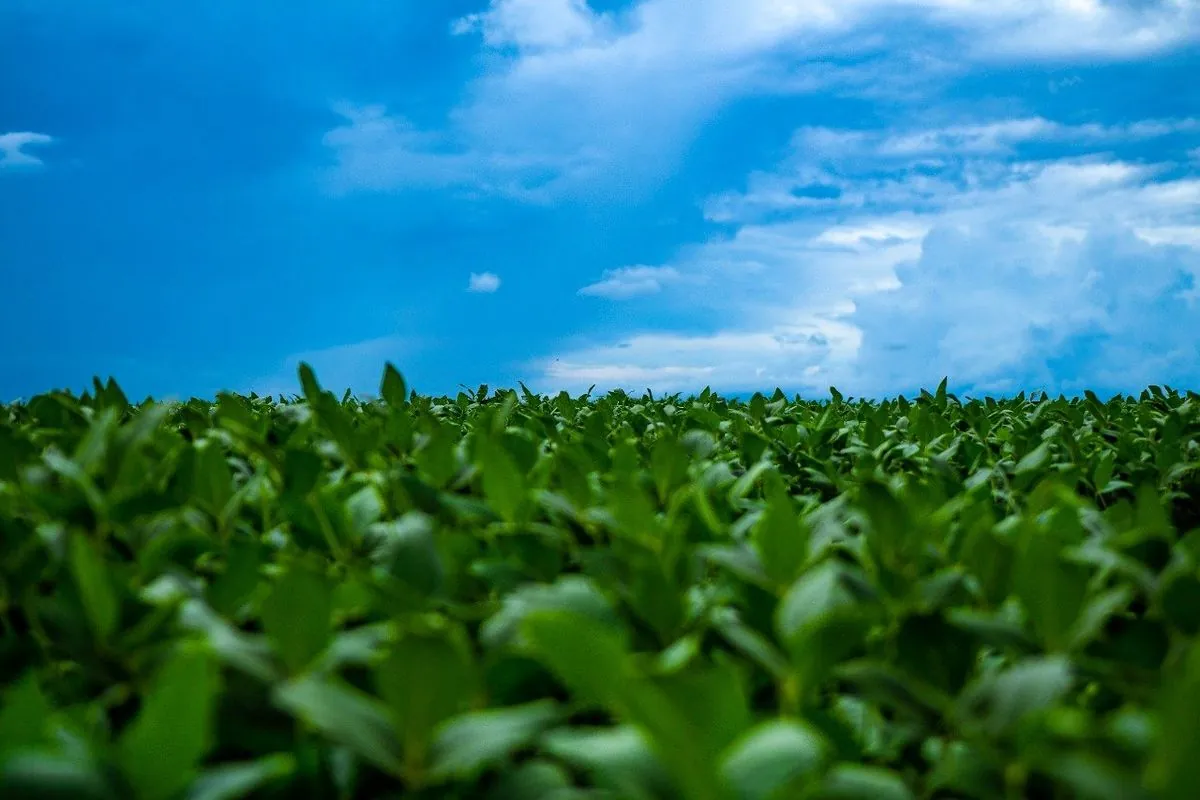Brazil's Nature-Based Solutions: A $30 Billion Climate Investment Opportunity
Brazil emerges as a key player in nature-based climate solutions, offering a $30 billion investment opportunity. Global efforts intensify to triple nature finance and align climate strategies with biodiversity conservation.

In the global fight against climate change, nature-based solutions are emerging as a critical component. Brazil, home to some of the world's most diverse ecosystems, is at the forefront of this movement, offering significant investment opportunities in sustainable land management and conservation.
The importance of natural carbon sinks cannot be overstated. Forests, grasslands, plants, and soils currently store more than twice the carbon contained in all known fossil fuel reserves. However, unsustainable land use practices are turning these vital carbon sinks into major sources of emissions. Last year, working lands for agroforestry, farming, and other purposes accounted for 26% of global emissions.
To address this issue, global efforts are underway to protect and restore nature. In 2021, over 100 countries pledged to end deforestation by 2030. At COP28 in 2023, nature was placed at the heart of the Global Stocktake, with 160 governments outlining a roadmap for integrating nature and food systems in climate change strategies.
Despite these commitments, current levels of finance for nature-based solutions remain insufficient. By 2030, annual investment must nearly triple from $200 billion to $542 billion globally. Moreover, only 20% of today's nature finance flows to developing countries, despite these economies offering 90% of the nature investment opportunity this decade.
Brazil stands out as a prime example of the potential for nature-based investments. The country, which will host COP30 in 2025, offers enormous opportunities for private investment in sustainable land management. Three critical biomes - the Amazon, Cerrado, and Chaco - provide an estimated $30 billion financing opportunity to support sustainable cattle and soy production.

These investments are proving both profitable and productive. Some projects have boosted farmers' earnings by up to four times per hectare per year while delivering better risk-adjusted market returns and strengthening food security. Simultaneously, these initiatives mitigate carbon emissions and enhance climate resilience.
Brazil's potential for nature-based solutions is unparalleled:
- The country contains 60% of the Amazon rainforest, which covers about 5.5 million square kilometers.
- The Cerrado, covering 22% of Brazil's land area, is the world's most biodiverse savanna with over 5,000 plant species.
- Brazil is the world's largest exporter of soybeans and beef, accounting for about 50% and 20% of global exports respectively.
- The country has committed to restoring 12 million hectares of forests by 2030 under the Bonn Challenge.
- Brazil aims to achieve net-zero deforestation by 2030 and has pledged to reduce its greenhouse gas emissions by 50% by 2030 compared to 2005 levels.
To unlock this global opportunity, three key actions are necessary:
Stimulate demand for deforestation-free commodities and nature-based solutions. Initiatives like the First Movers Coalition for Food, launched at COP28, are crucial for building green markets.
Scale private finance, which currently represents only 18% of nature finance. A significant injection of catalytic capital is needed to reduce risk and spur market-rate capital investment.
Align climate and nature policymaking at both international and national levels. The upcoming deadlines for nations to submit their biodiversity strategies at COP16 and updated national climate plans under the Paris Agreement provide an opportunity for this alignment.
The next 24 months will be crucial for financing the nature, food, and land transition. With COP29 focusing on financing the transition and Brazil's leadership of COP30, there is a unique opportunity to make significant progress in integrating nature-based solutions into global climate strategies.
"Simply put, climate strategies that don't include nature are incomplete."
As we move forward, it's clear that investing in nature is not just an environmental imperative but also a significant economic opportunity. Brazil's example shows that with the right policies and investments, we can create a future where economic development and environmental conservation go hand in hand.


































